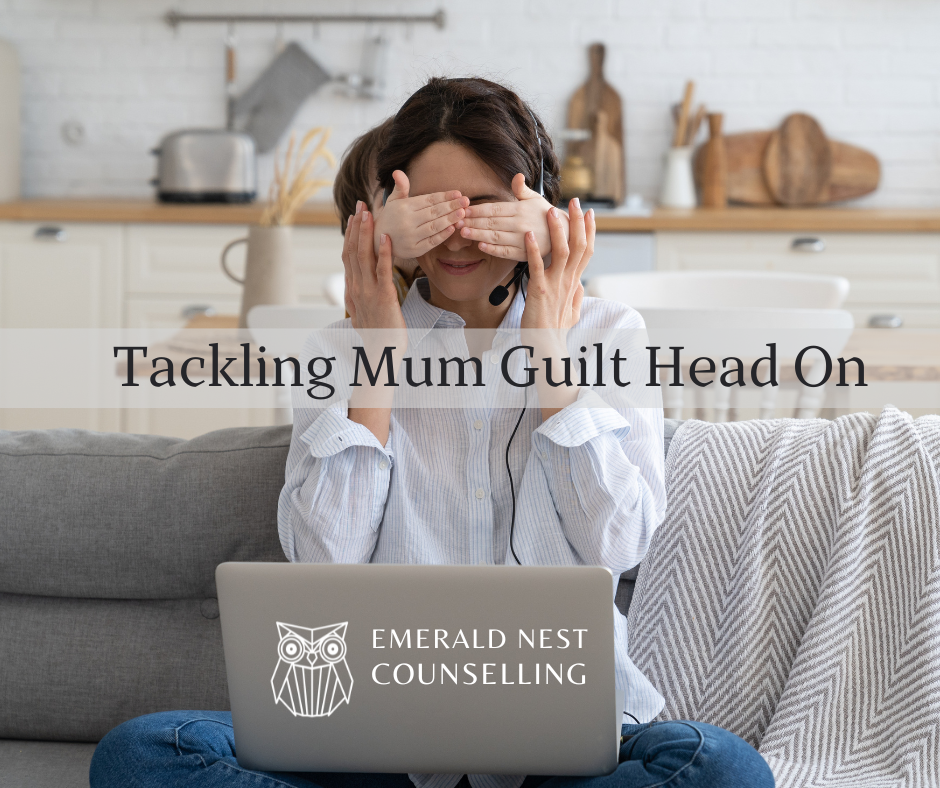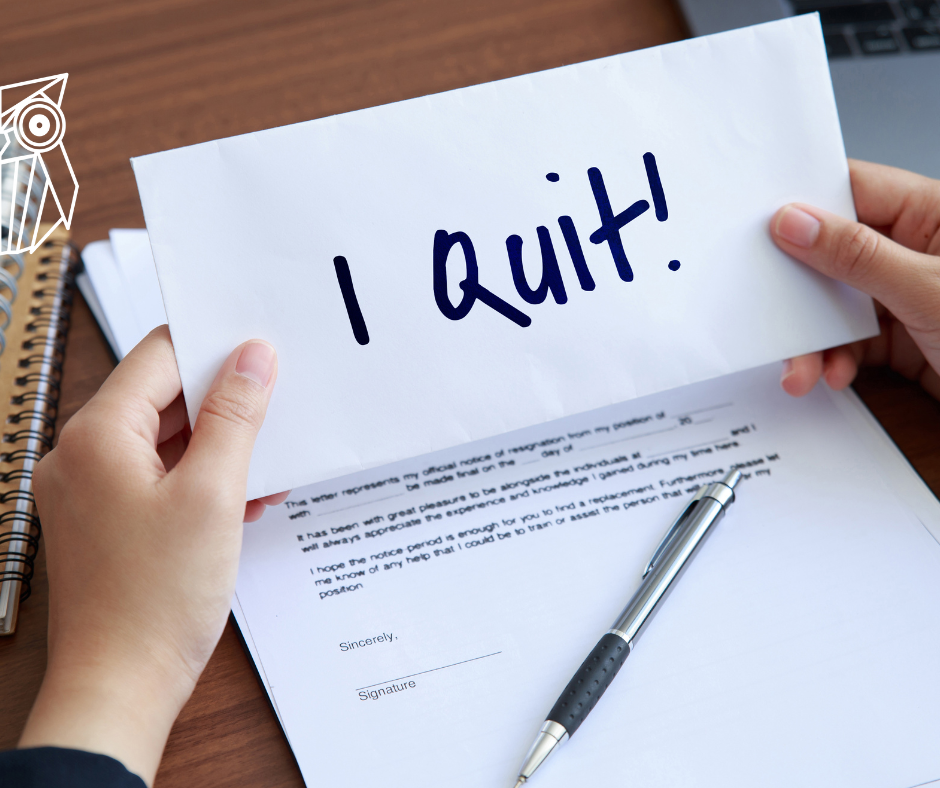5 Lessons I need to unlearn now I don't work in a toxic workplace
5 lessons I need to unlearn now that I no longer work in a toxic workplace.
My experience of a toxic workplace was like living in a constant state of denial and compromise. I convinced myself that things weren’t as bad as they seemed because the work was rewarding, and many of the people I worked with were inspiring and dedicated. I convinced myself that the incompetence allowed to flourish across the organisation wasn’t systemic, and that the organisation actually cared about its people. I told myself that if I just hung on, looked after my own little team and programs, things would get better.
It became increasingly clear that the lofty values printed on glossy posters were not what was being experienced by many staff, or customers. It wasn’t until I left that I realised just how much this misalignment of values had affected my sense of self. I’m now in a workplace where the values and culture genuinely align with my own, and I’ve seen firsthand the difference a healthy work environment can make- for both the employees and customers. Moving forward has meant unlearning the toxic lessons I picked up and rebuilding what I had lost along the way.
Lessons learned in a dysfunctional workplace.
When you’re in a workplace driven by dysfunction and survival instincts, you develop coping mechanisms that feel necessary but are deeply unhealthy. Here are the lessons I internalised—and have now had to unlearn:
1. Shut up or accept the consequences
In a toxic workplace, integrity can feel like a luxury you can’t afford. To avoid conflict or protect yourself, you might look the other way when you see unethical behavior or even participate in actions that make you uncomfortable. You might have direct instructions from above to do or say things you don't agree with. Staying silent when you should have spoken up eats away at you. Speaking up and not being supported also eats away at you. This conflict leaves you feeling disconnected from who you really are. You learn to either shut up or accept the consequences. I'm not good at shutting up and the consequences ended up as me being restructured out. From now on I will not be working anywhere I feel pressured to shut up instead of speaking up, and also not working anywhere that speaking up is detrimental.
2. Things will get better once XYZ happens
One of the most harmful lessons I learned was how to rationalise dysfunction. “It’s not that bad,” I’d tell myself. Or, “This is just how things are.” I held onto the hope that things would improve, and actually looked forward to the organisational changes that many dreaded in hope that the next restructure would be the one that actually improved things. The place had such potential. But those hopes never materialised because the toxic culture was deeply ingrained, and denial kept me from seeing how bad things really were. From now on I will only work for leaders and managers I respect because workplace culture starts at the top. It doesn't matter how amazing your colleagues are if the culture is off. If "how things are" is compromising my values or integrity, then I won't be working there much longer.
3. Shiny new things equals progress
Toxic workplaces often give the illusion of progress. They might announce a shiny new strategy or policy or introduce values-based training, but these initiatives are rarely backed by genuine commitment. I clung to the belief that things would change if I just stuck it out, worked harder, influenced the right people and attended the right meetings. There were so many opportunities but so much power play and internal politics that most were blocked before they could even be considered. My new lesson is to pay close attention to what is actually delivered, what is celebrated and how. Immediately in my new workplace I can see that value placed on innovation- and not a single roadblock (in the shape of overinflated egos) in sight- and I'm loving it!
4. The most important resource is people
Perhaps the most damaging lesson I learned was to believe in the organisation’s rhetoric about valuing its people and that it would step in to address bullying or unfair practices. I thought that 'People and Culture' departments were actually about the people who worked there, and the culture they worked in! But this was not the case, and actions spoke louder than words. While I still believe that people are the most valuable resource in any organisation, I do not believe that Human Resources departments are places which support them. I now feel empowered to simply walk away if need be rather than experience any misguided hope from People and Culture or Human Resources departments.
5. Overworking ensures success
I tied my worth to overworking-long hours, relentless deadlines, and taking on more than anyone should. I came to realise that the only way things can ever change in that type of environment is if people allow things to fall apart. My own fear of failure and desperate desire to protect my team prevented me from letting things fall apart. In a toxic environment, people don't want to make mistakes, miss deadlines or not meet outcomes. People don't want to look bad, or risk their job. Unlearning this meant realising that my value isn’t defined by how much I sacrifice but by the quality of my contributions. To do my job properly, and to lead my team to do theirs is not about the hours spent, but effective resourcing, efficient strategies and realistic KPIs.
Unlearning these lessons is allowing me to embrace my new role with pragmatism as well as optimism. I hope that these lessons allow me to recognise toxicity more readily, and also that the time spent reflecting allows me to take steps to kick toxic culture in the face if I encounter it again.










